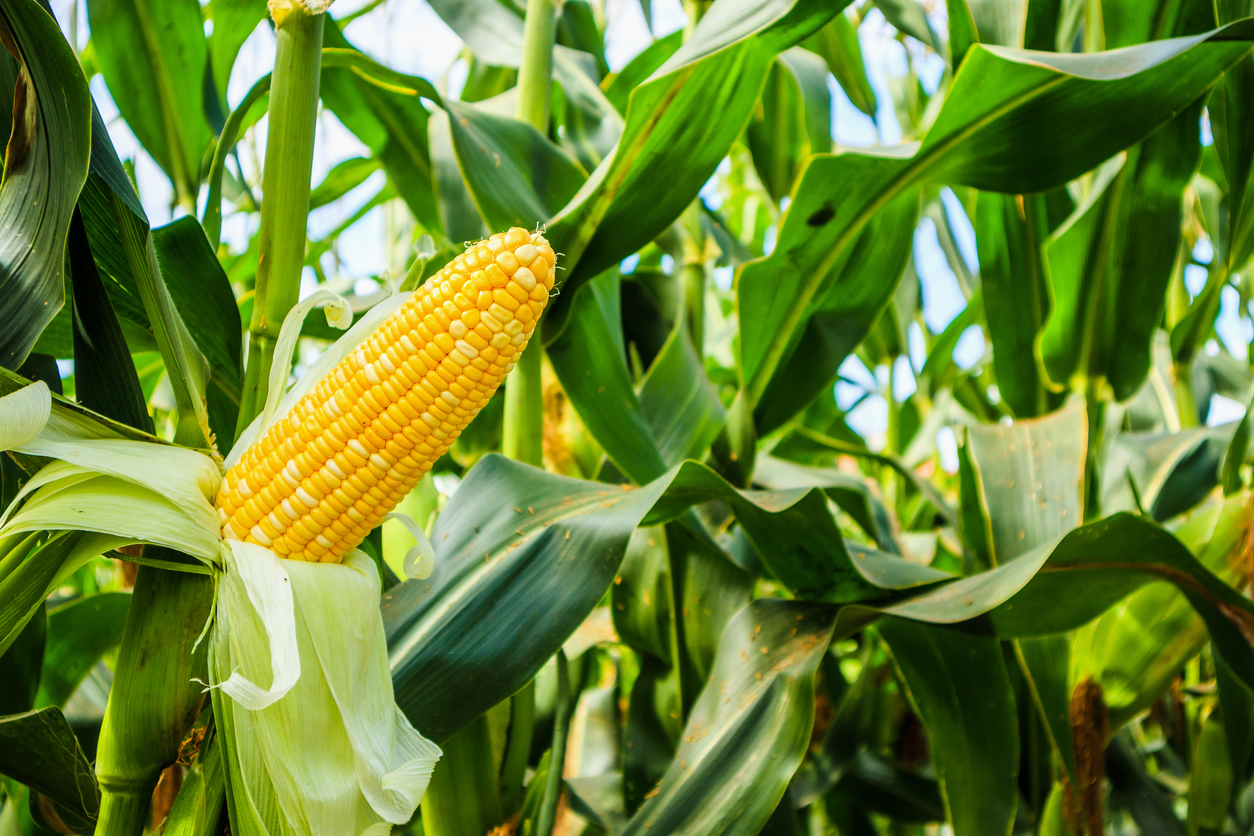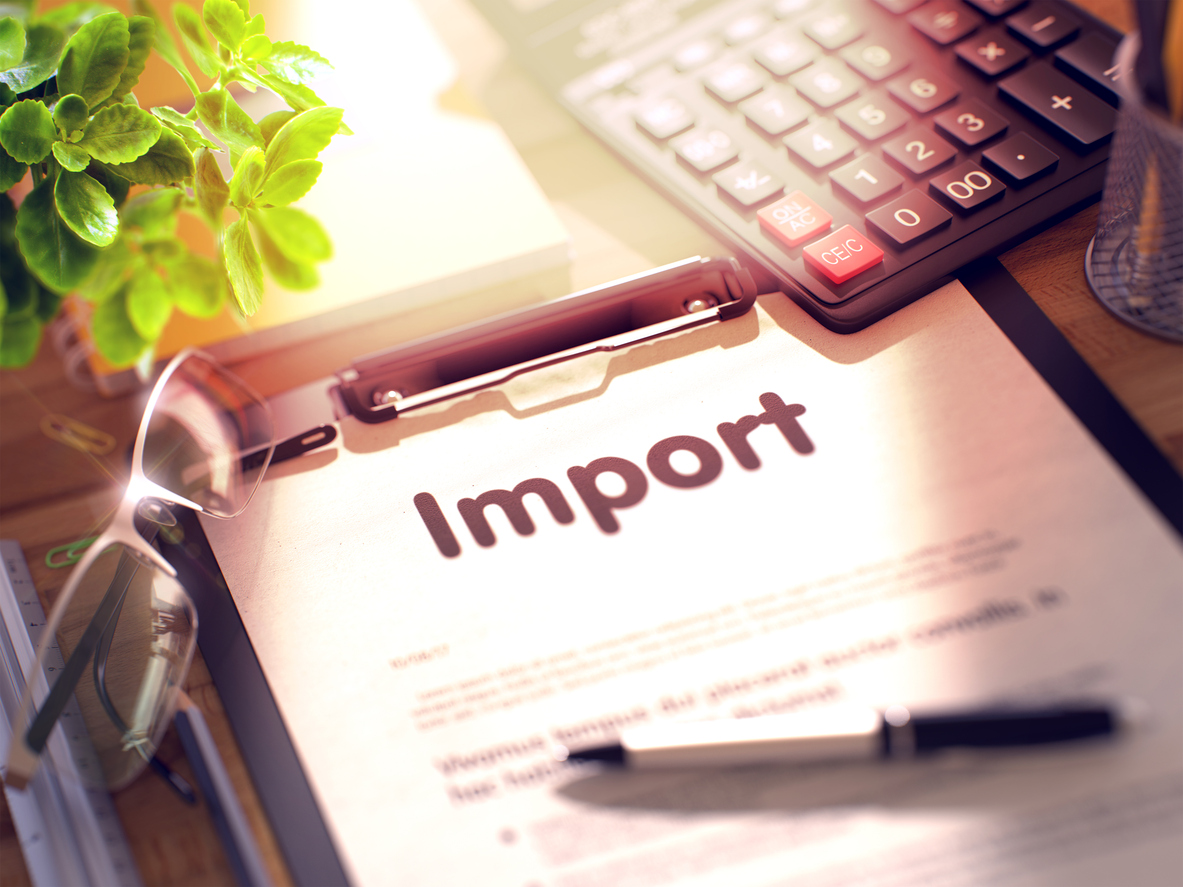Corn Price Today: What African Importers Must Know in 2025
Corn remains one of the most traded agricultural commodities globally—feeding people, livestock, and industries across multiple continents. For African businesses involved in food production, animal feed, processing, or wholesale distribution, staying informed about the current corn price is essential for planning, budgeting, and maintaining stable supply chains.
In today’s volatile global market, corn prices shift rapidly due to weather patterns, international demand, logistics costs, and government policies. This article explores what’s driving today’s corn price movements, how they affect African businesses, and how Wigmore Trading can support organisations looking to buy or transport corn efficiently.
What Influences the Current Corn Price?
Corn prices are shaped by both global and regional conditions. Understanding these factors helps importers and wholesale buyers make informed decisions.
1. Global Supply Conditions
Major corn-producing countries—including the United States, Brazil, Argentina, and Ukraine—have a strong impact on international prices. Droughts, excessive rainfall, or crop disease in these regions immediately affect export availability and cost.
When a poor harvest is forecasted in the U.S. Midwest, for example, the corn market typically reacts with higher prices.
2. Demand From the Food & Feed Industries
Corn is a crucial raw material for:
-
Livestock feed
-
Milling and food processing
-
Starch production
-
Breweries and distilleries
-
Biofuel manufacturers
When demand spikes in any of these sectors, global prices follow.
3. Freight, Logistics & Port Congestion
Transportation costs can significantly raise the landed cost of corn. Ocean freight rate increases, port delays, or limited container availability—especially on high-demand routes to West Africa—directly influence the final price paid by distributors.
Wigmore Trading monitors international shipping trends daily, allowing clients to plan ahead and minimise cost surprises.
4. Currency Exchange Rates
Corn is priced globally in USD. For African markets, fluctuations in local currencies such as NGN, GHS, or KES can make corn imports more expensive, even when the world market price remains stable.
Why the Corn Price Matters for African Businesses
Corn plays a central role in Africa’s food and agribusiness ecosystem. Price instability can affect:
-
The cost of poultry, fish, and livestock feed
-
Profit margins for millers and processors
-
Wholesale and retail pricing
-
Government food security strategies
A sudden spike in corn prices can disrupt entire value chains. This is why many companies prefer to work with experienced bulk suppliers like Wigmore Trading, who can source from multiple global markets and help clients secure favourable pricing even when conditions change.
How Wigmore Trading Supports Corn Buyers
Wigmore Trading has over a decade of experience sourcing and supplying agricultural commodities across Africa. Whether you’re a large feed producer, FMCG manufacturer, or regional distributor, our team helps you navigate market complexity with confidence.
1. Reliable Global Sourcing
With strong supplier relationships in major corn-producing countries, Wigmore Trading ensures competitive pricing and a stable supply, even during peak demand periods.
2. Bulk Shipping & Efficient Logistics
Our logistics team manages:
-
Bulk cargo
-
Containerised shipments
-
Customs clearance
-
Inland distribution
This end-to-end support helps clients reduce lead times and avoid costly delays.
3. Market Insight & Pricing Updates
Wigmore Trading provides up-to-date market intelligence—helping you understand when prices are likely to rise or fall so you can plan your procurement strategy effectively.
4. Flexible Order Quantities
Whether you need a full vessel shipment or smaller container loads, we tailor our services to your operational needs.
Practical Tips for Managing Corn Price Volatility
Businesses that depend heavily on corn can take several steps to manage risk.
Diversify Supply Countries
Relying on a single supplier or region can expose your business to unexpected price shocks. Sourcing from multiple markets spreads the risk.
Monitor Freight Trends
Shipping costs can make up a significant portion of corn’s final price. Keeping an eye on freight markets helps reduce unexpected increases.
Plan Ahead With Seasonal Trends
Corn harvest cycles are predictable. Buying ahead of seasonal price movements—especially before global harvest periods—can secure better pricing.
Work With Trusted Traders
A reliable partner like Wigmore Trading helps ensure product quality, efficient delivery, and transparent pricing, all of which protect your business from supply chain disruptions.
Why Businesses Choose Wigmore Trading
Companies across Africa rely on Wigmore Trading because we:
-
Provide consistent product quality
-
Offer competitive pricing through global sourcing
-
Understand the challenges of African logistics
-
Support clients with transparent communication
-
Deliver flexible and scalable solutions
Whether you are looking to import corn for animal feed production, food processing, or wholesale distribution, Wigmore Trading can help.
Get in touch with our team to learn more.








Comments are closed.